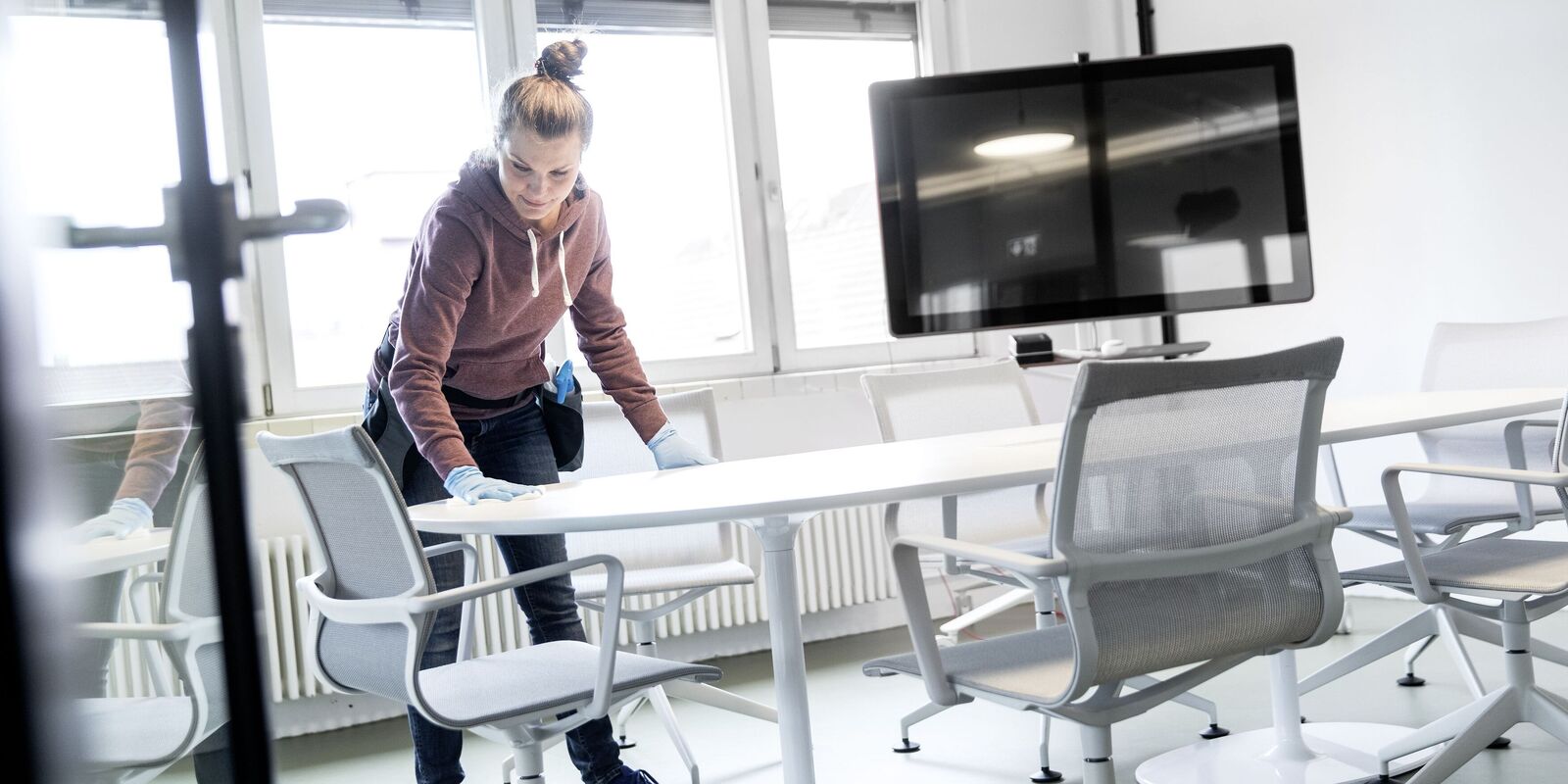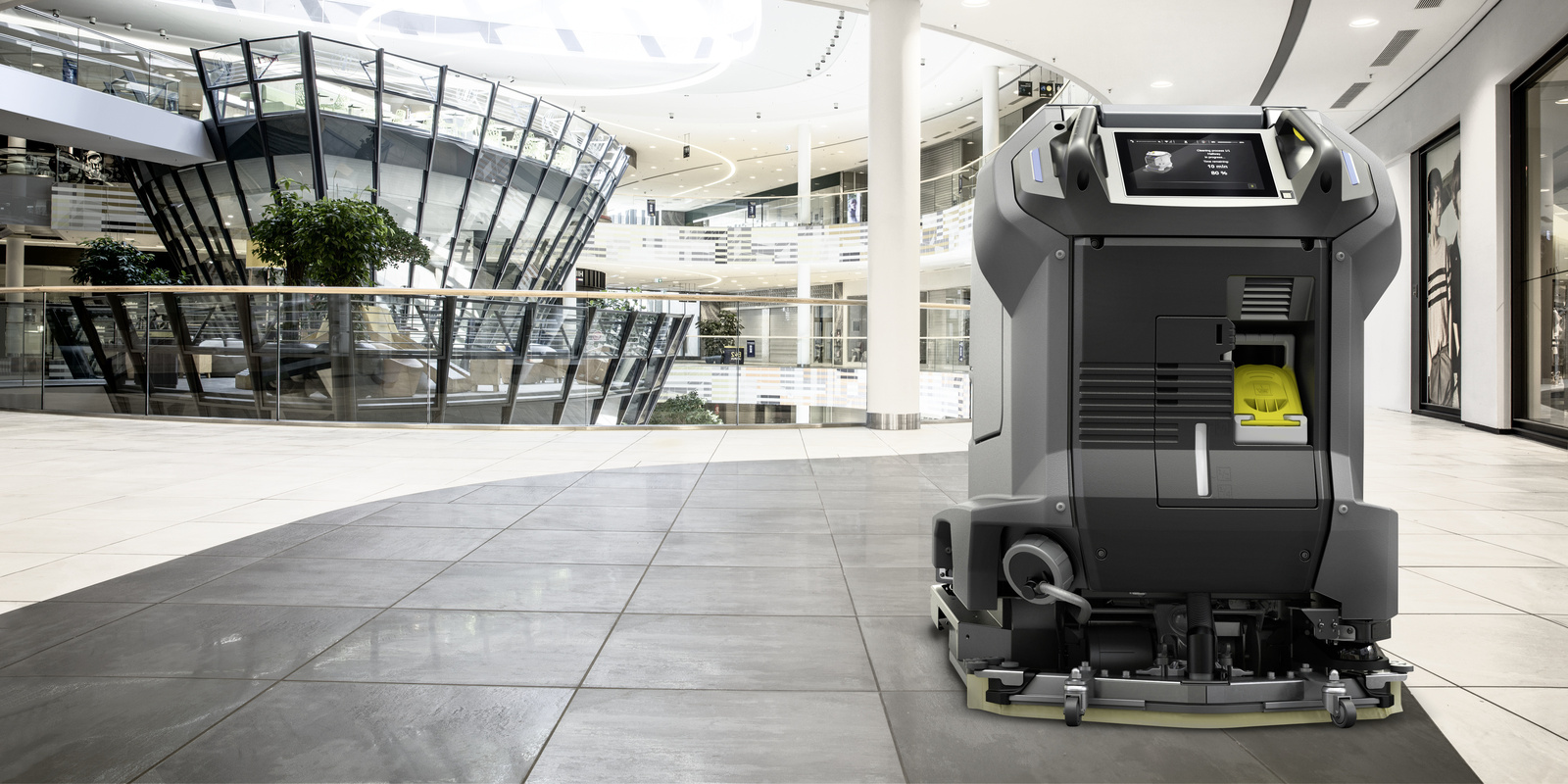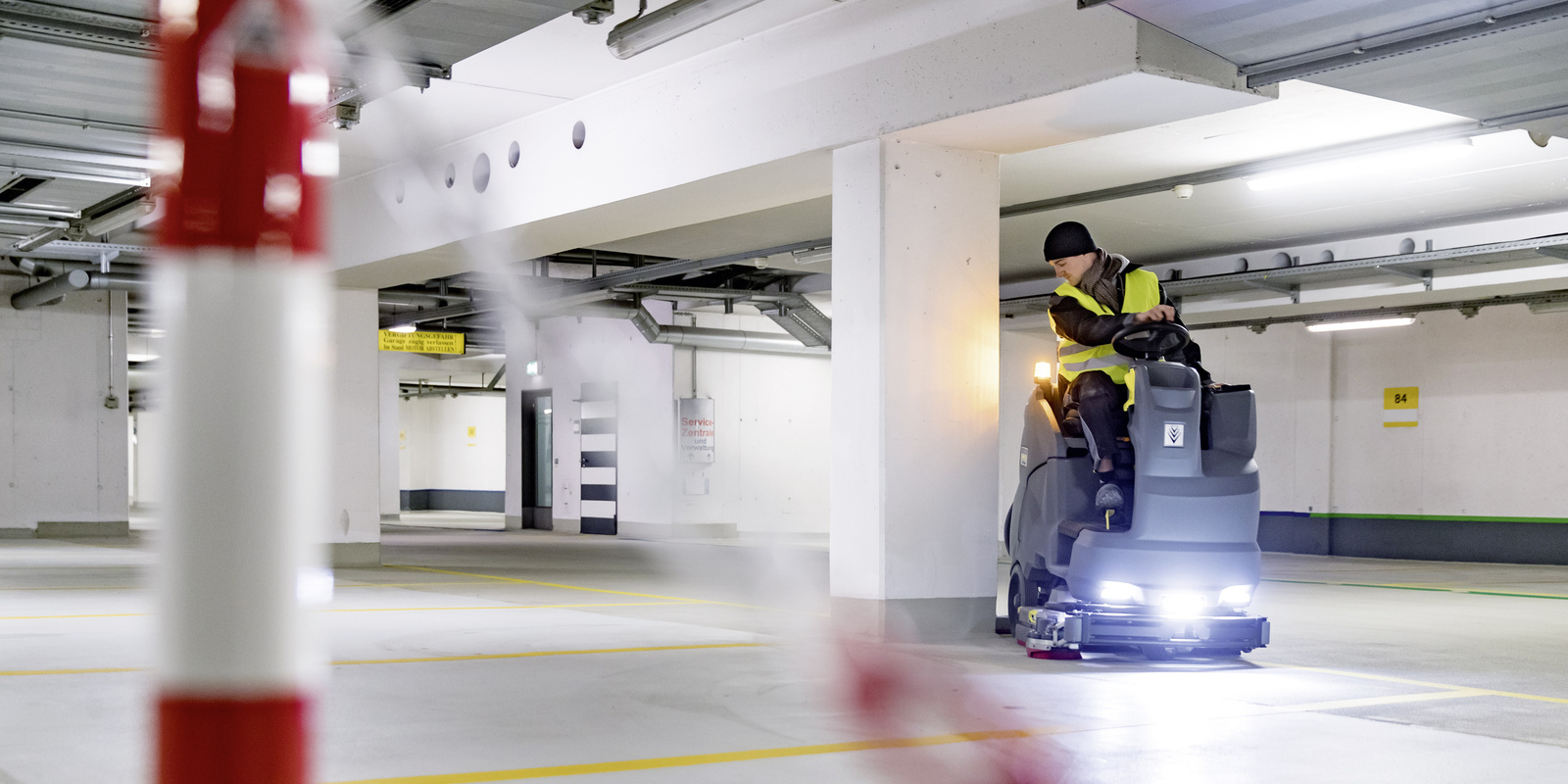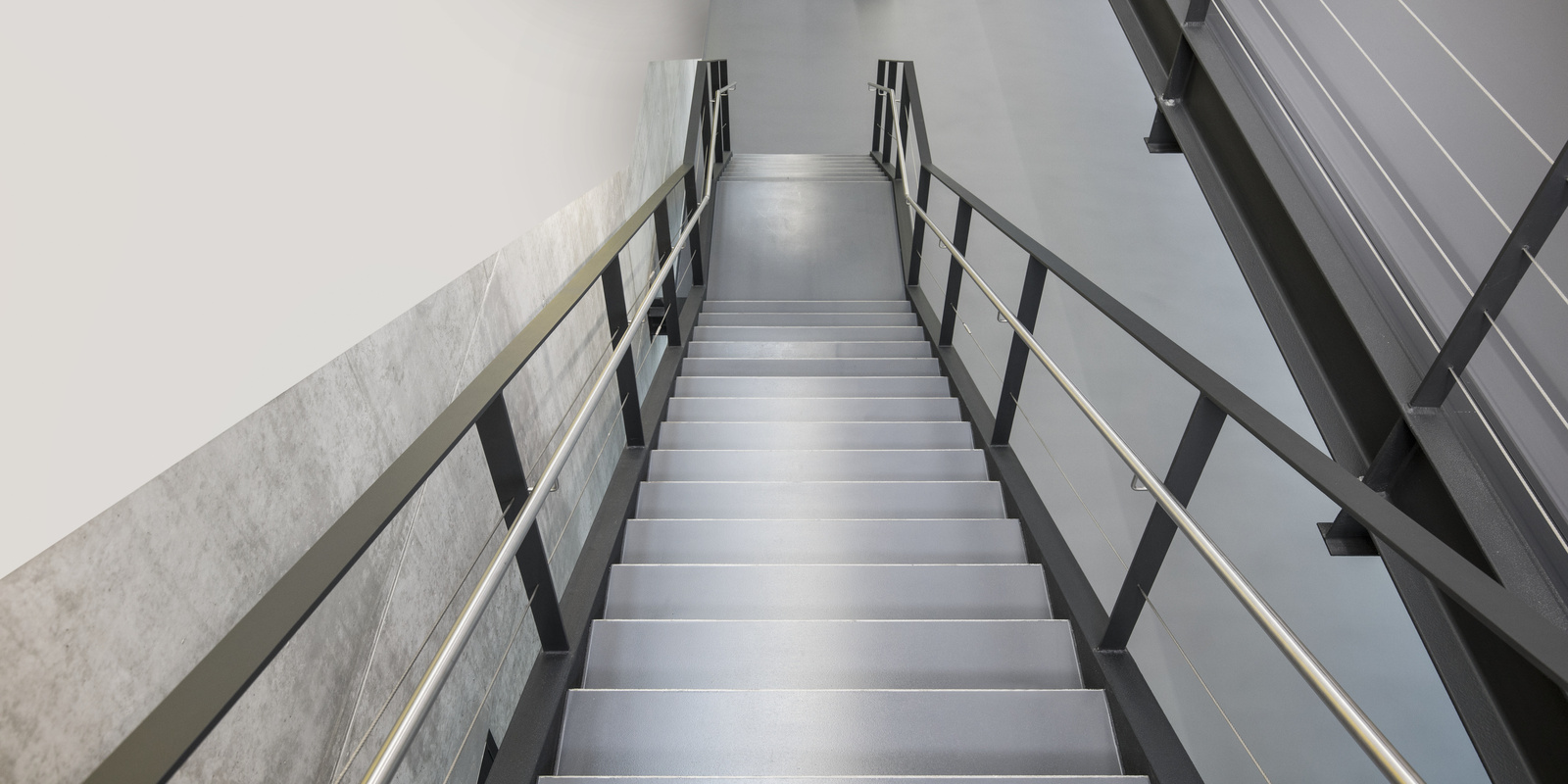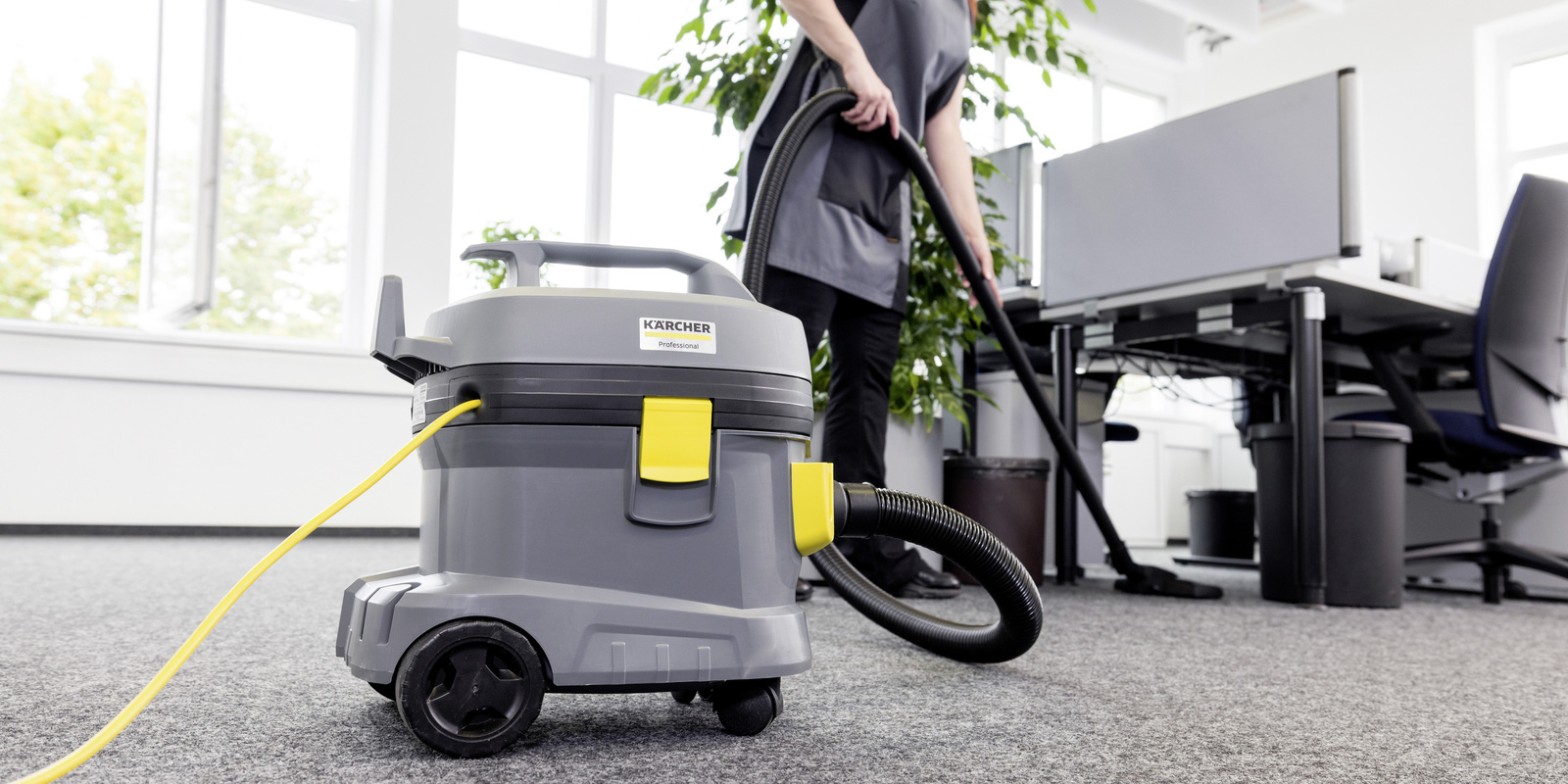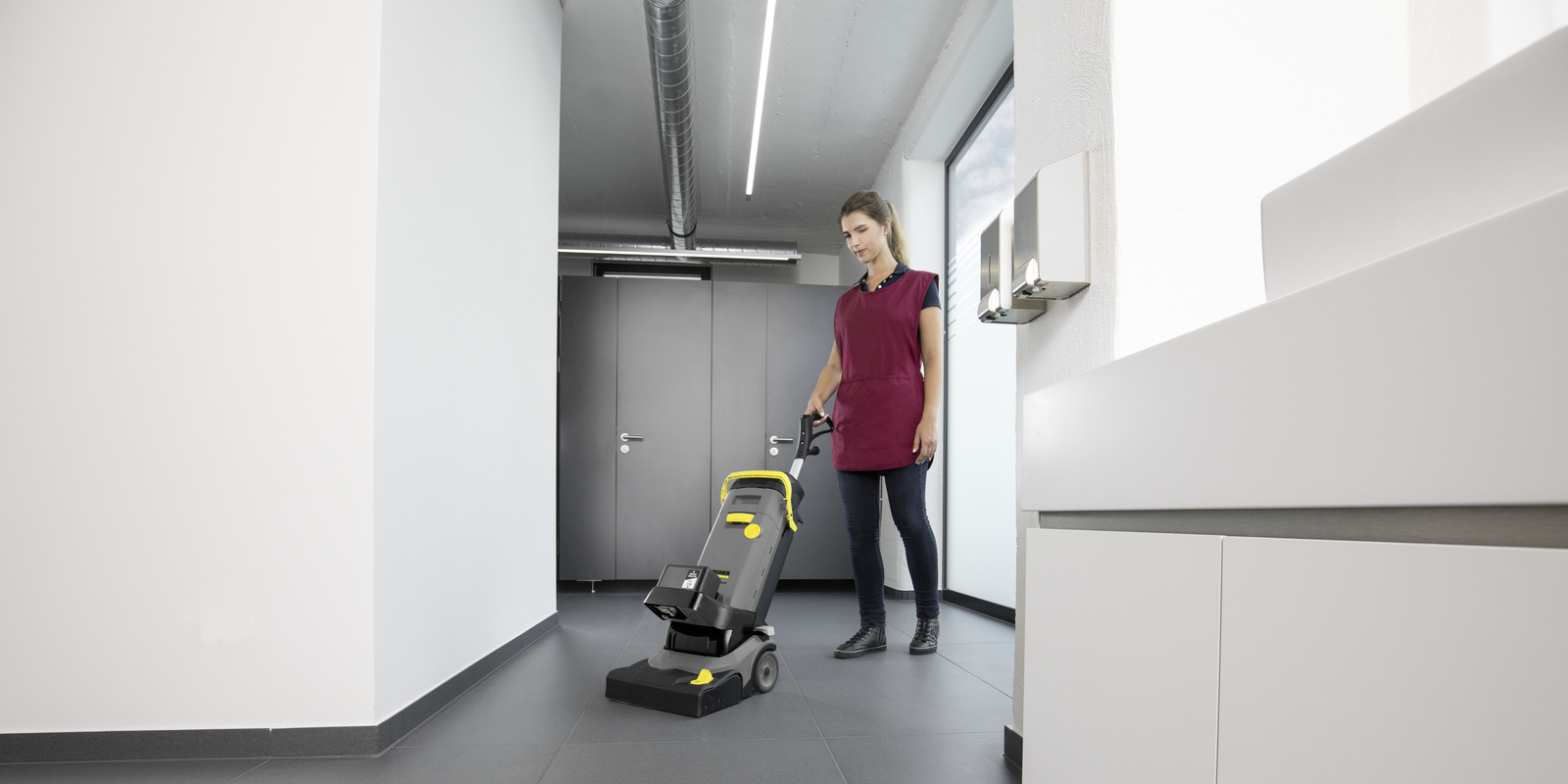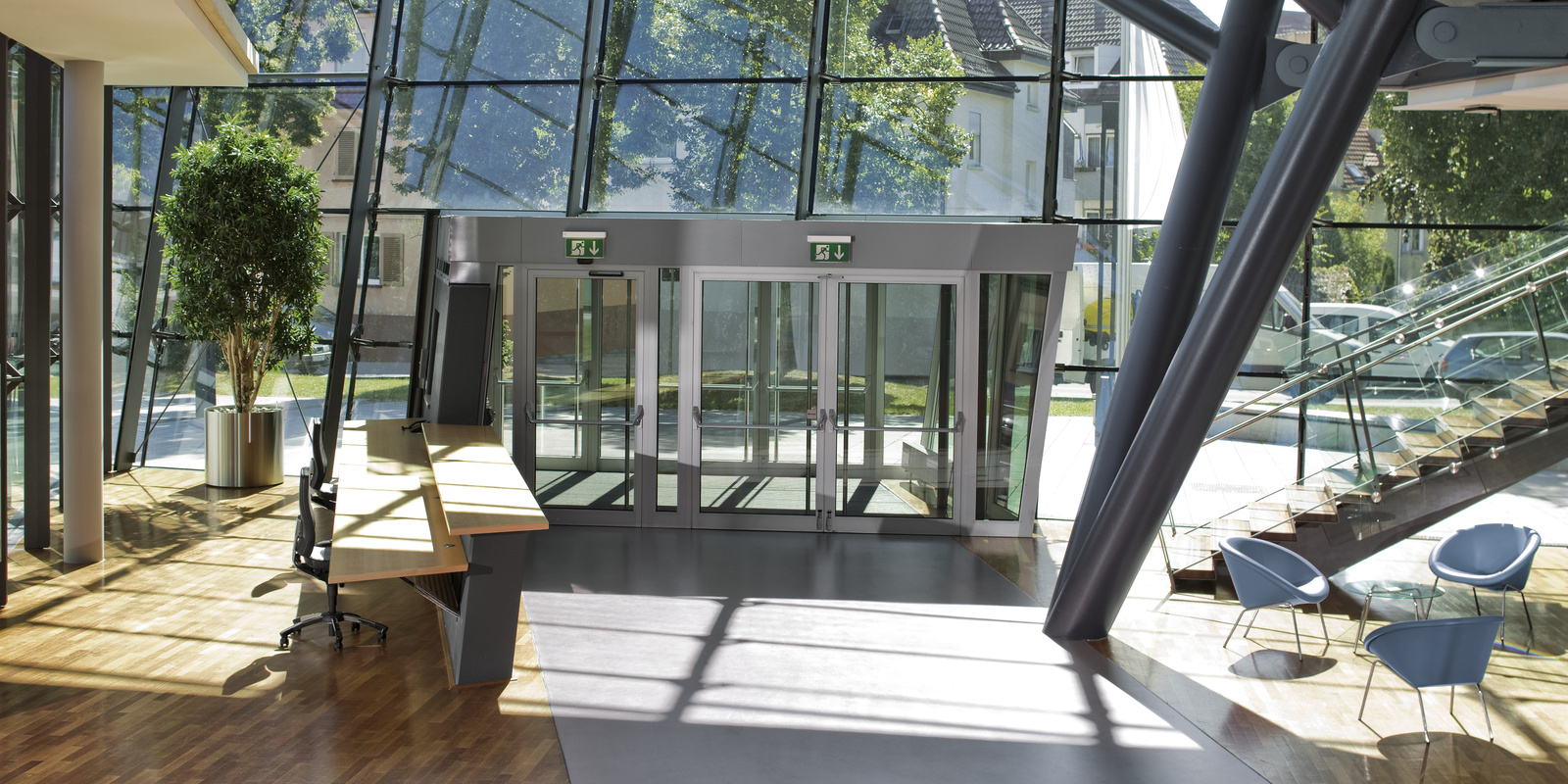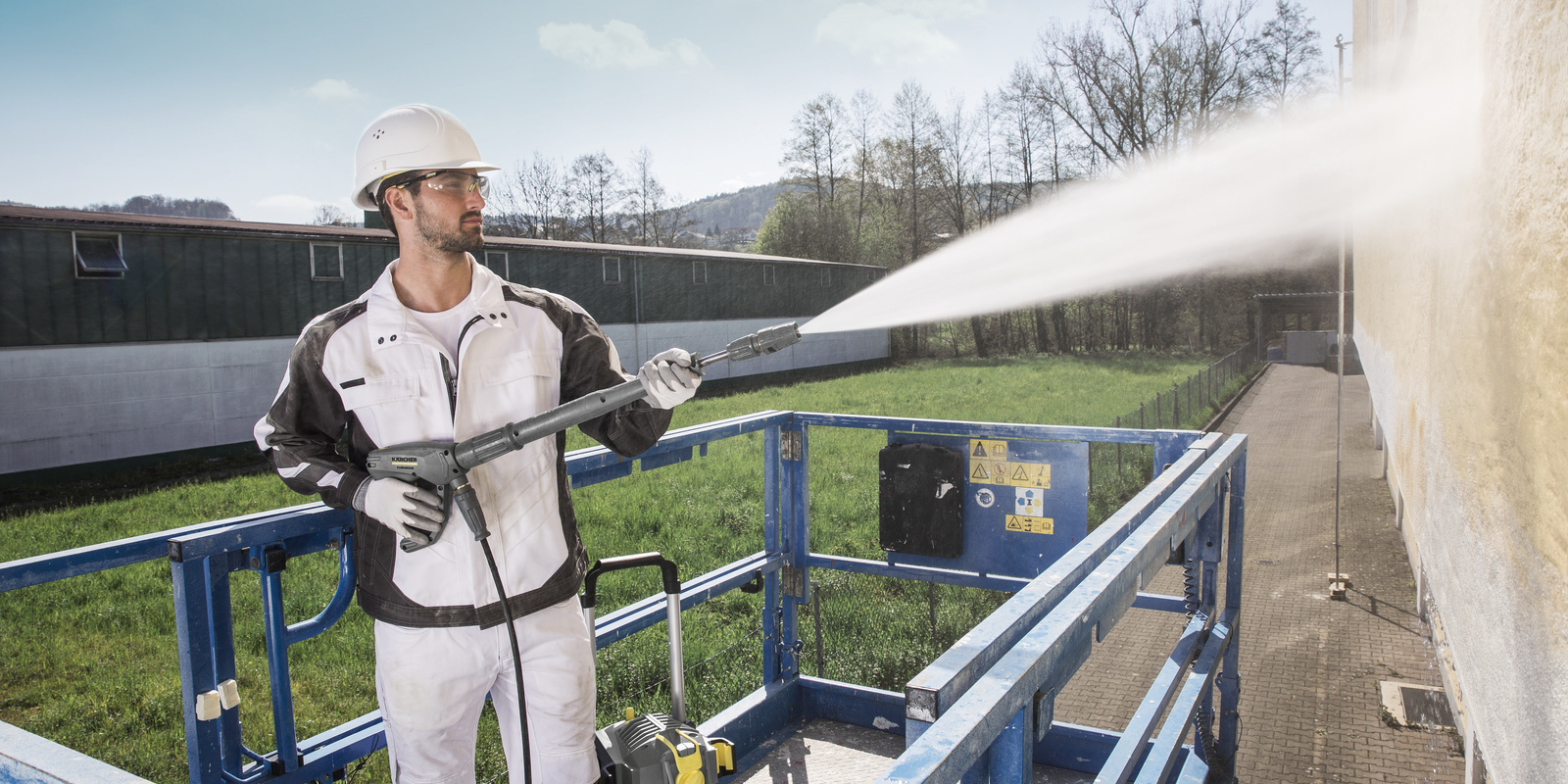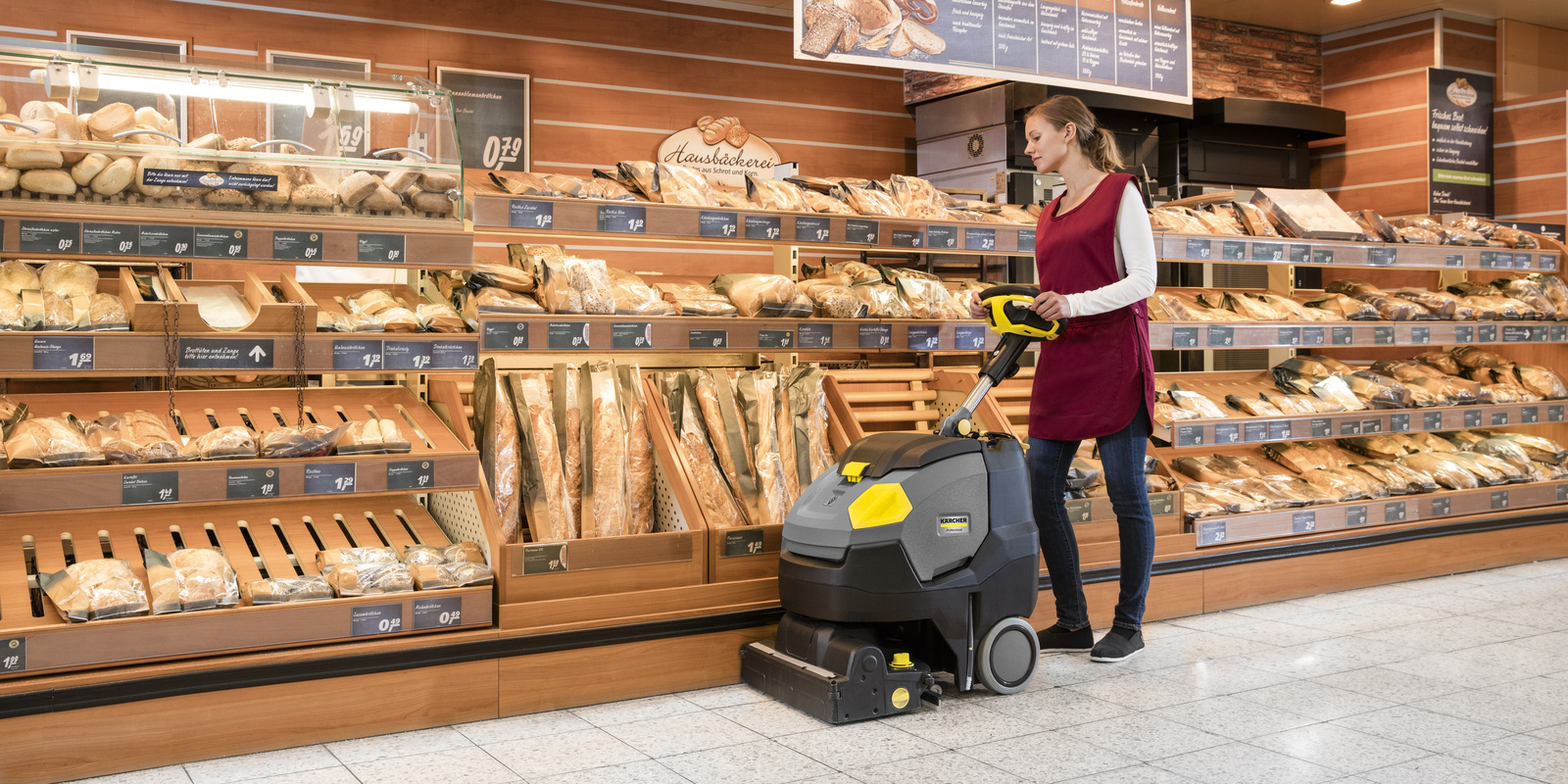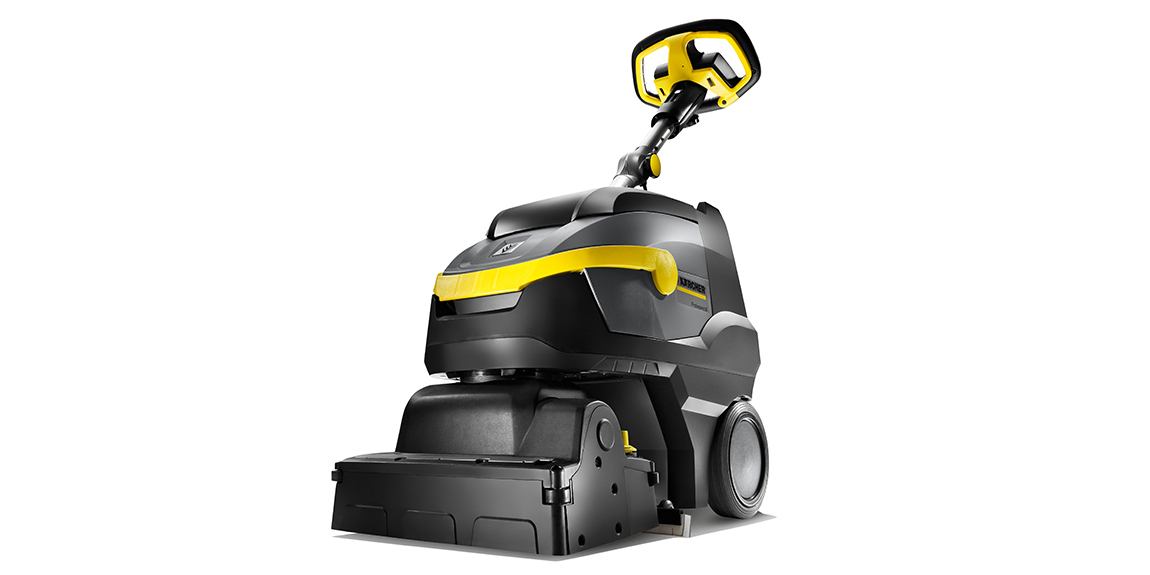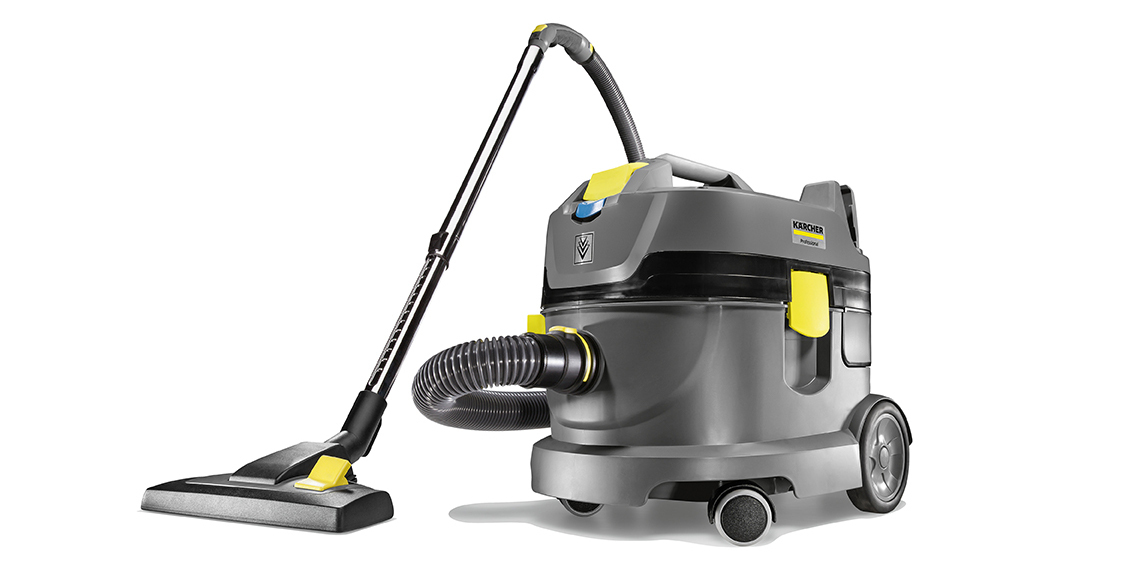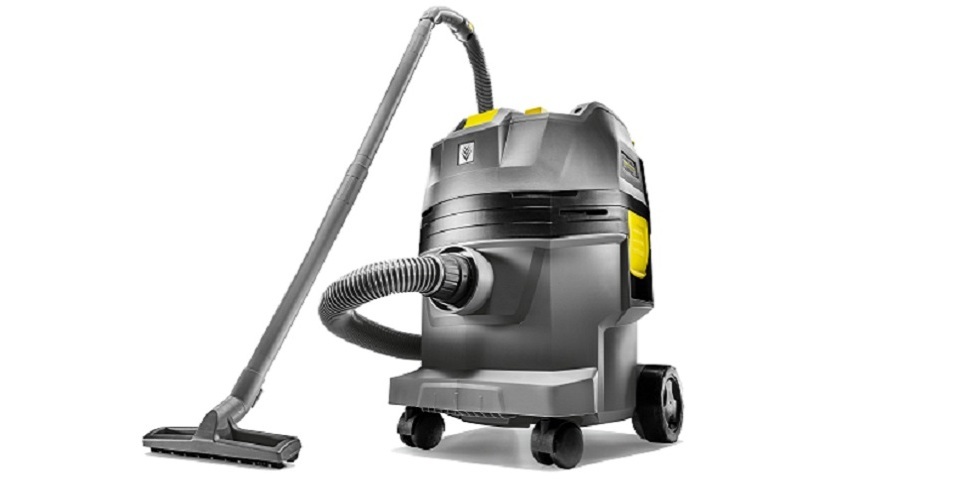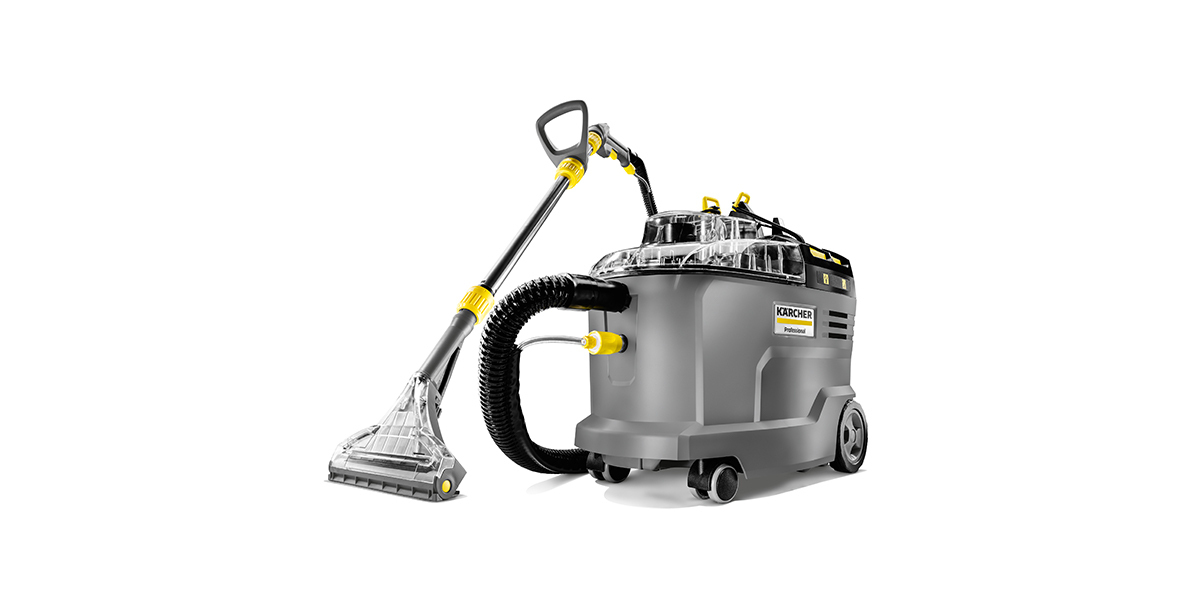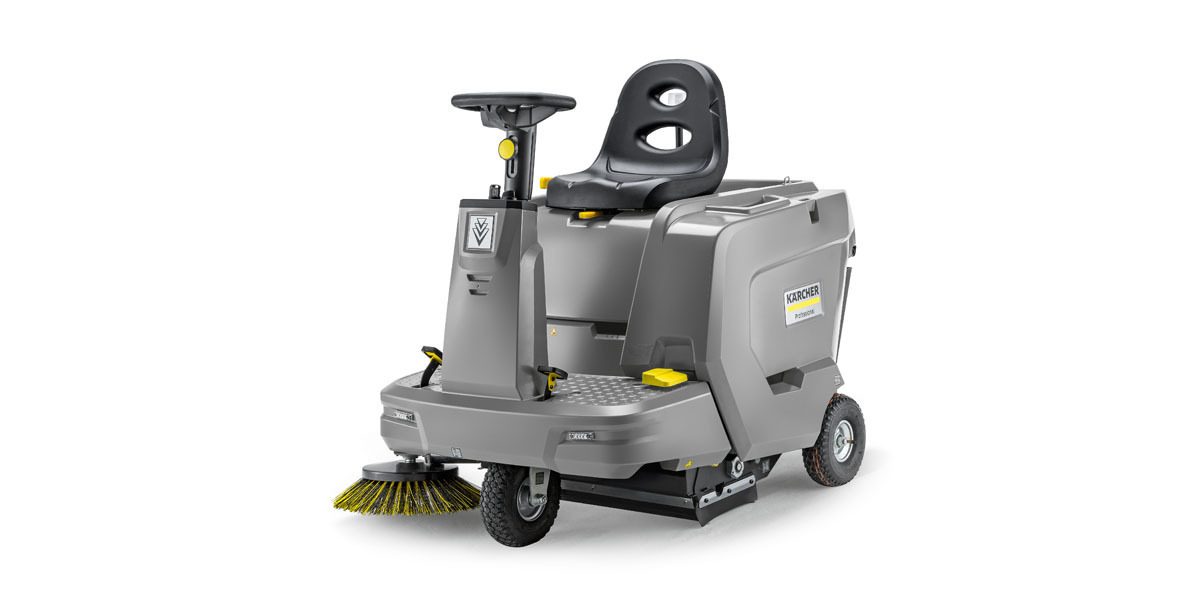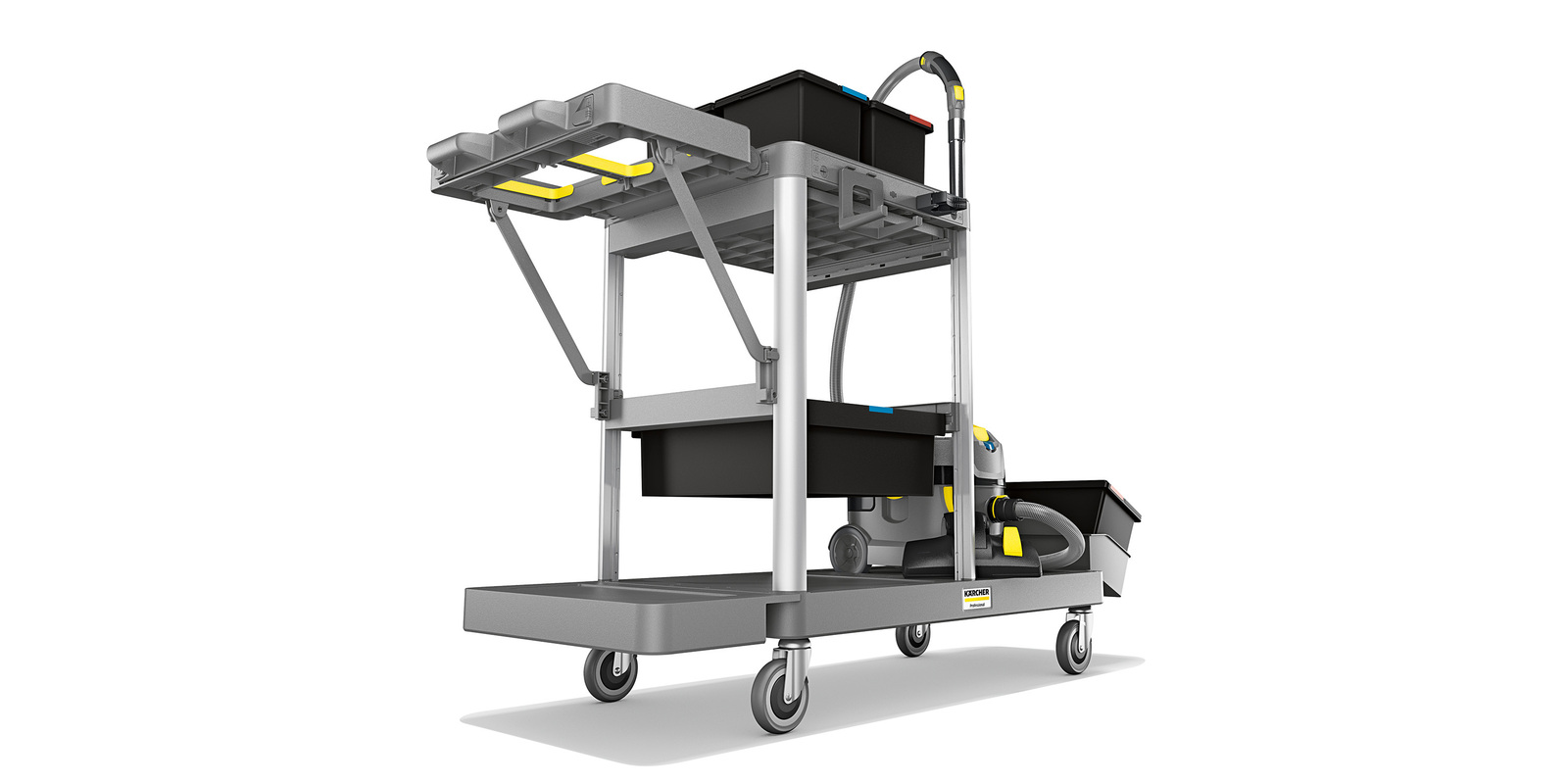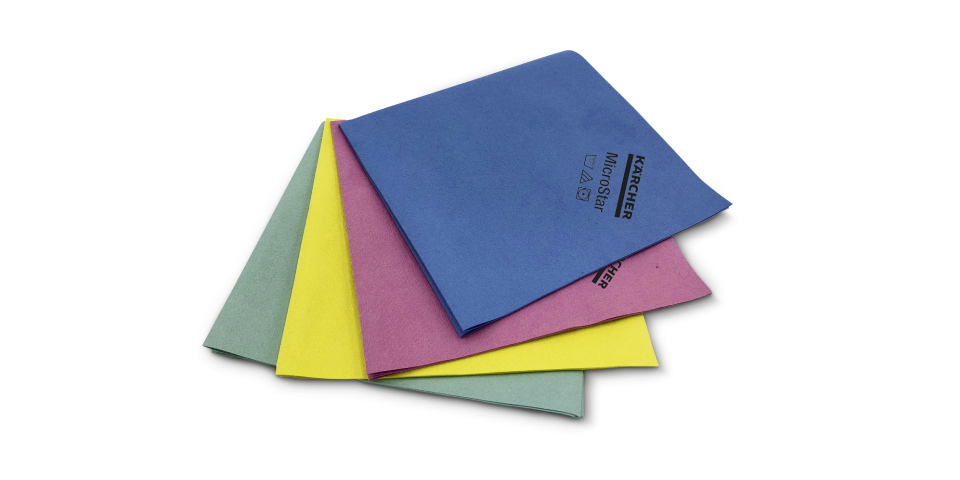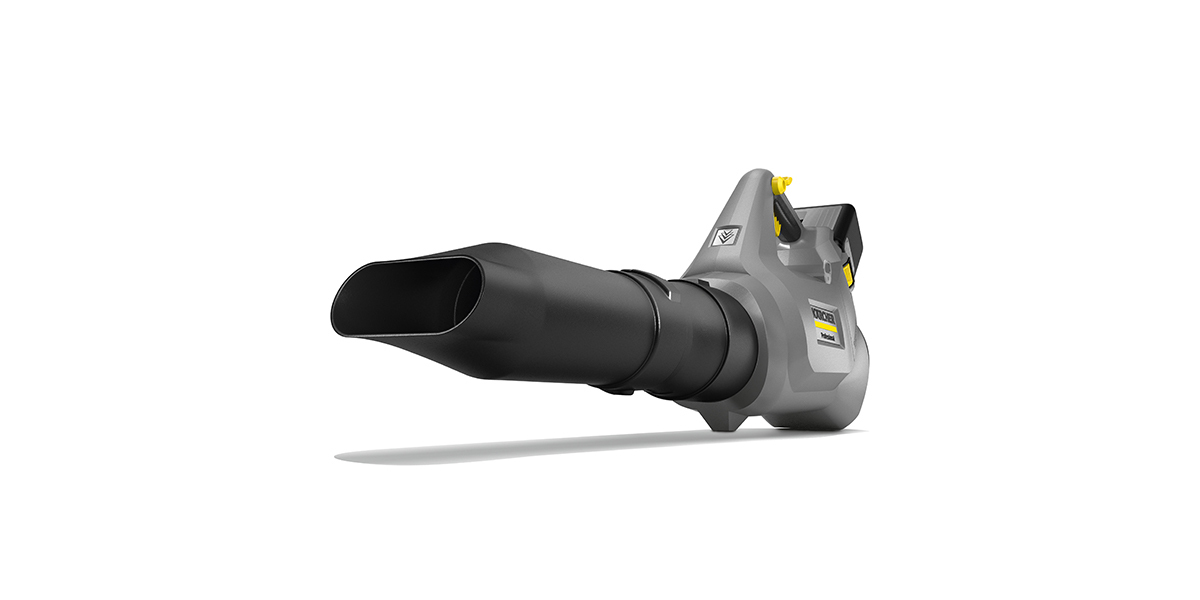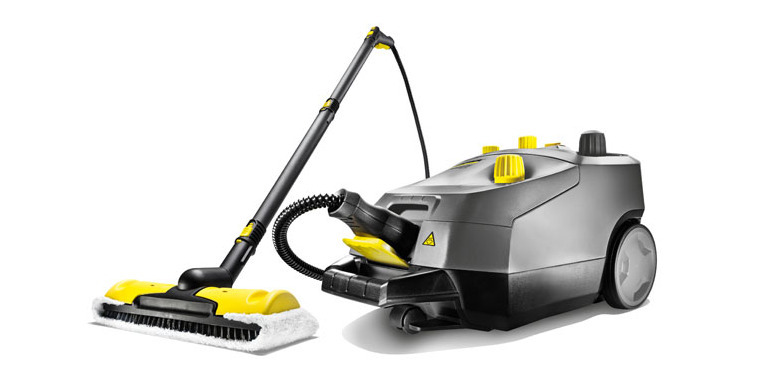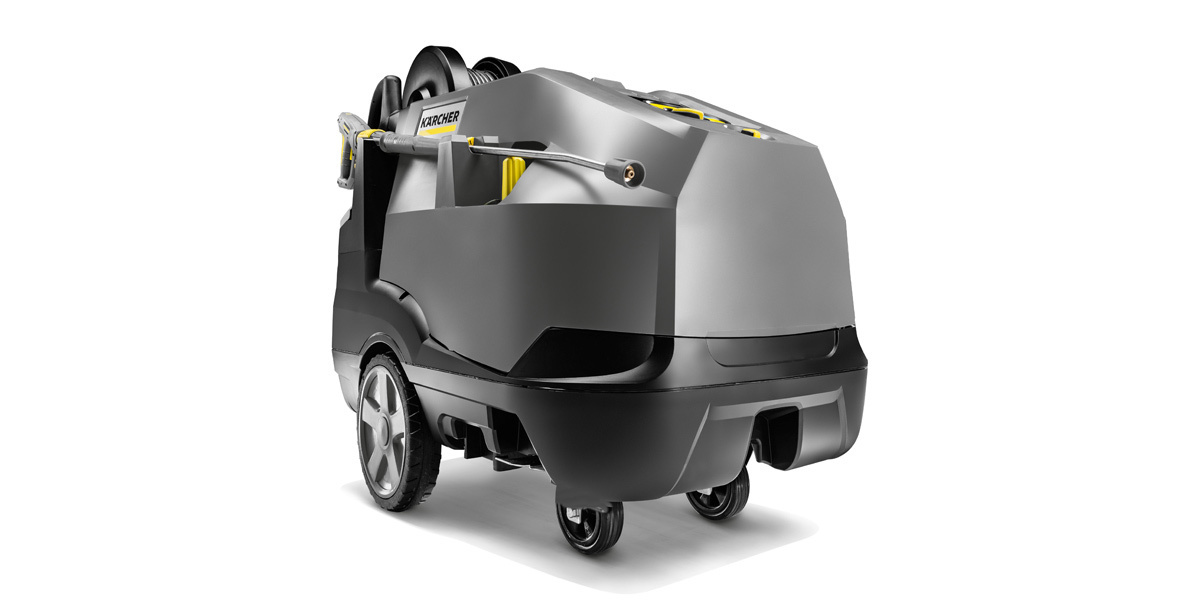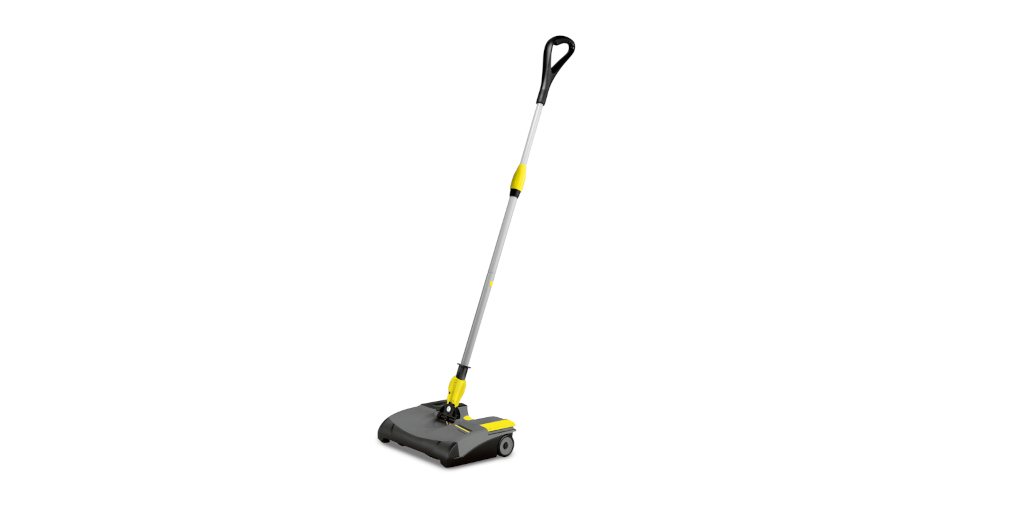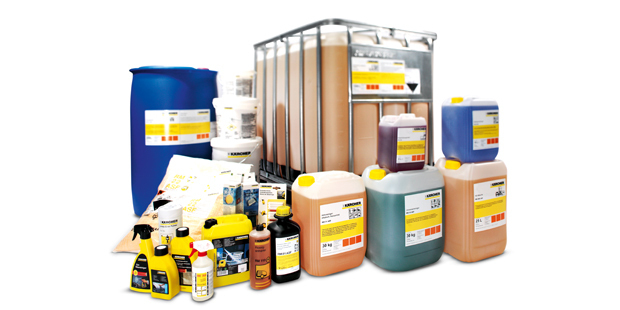Cleaning in the hospitality sector
Whether it's a café, restaurant or hotel, guests don't just want good service, good food and good drink – they want all this provided in an environment that is well maintained and appealing. Cleanliness is therefore an important feel-good factor in the hospitality sector, as well as being an indicator of hygiene. Strict legal requirements also apply wherever food is prepared. On the other hand, a skills shortage, high labour turnover and cost pressures pose major challenges for the industry. Achieving this objective of cleanliness with a small workforce takes careful planning, harmonised concepts and the right cleaning equipment.
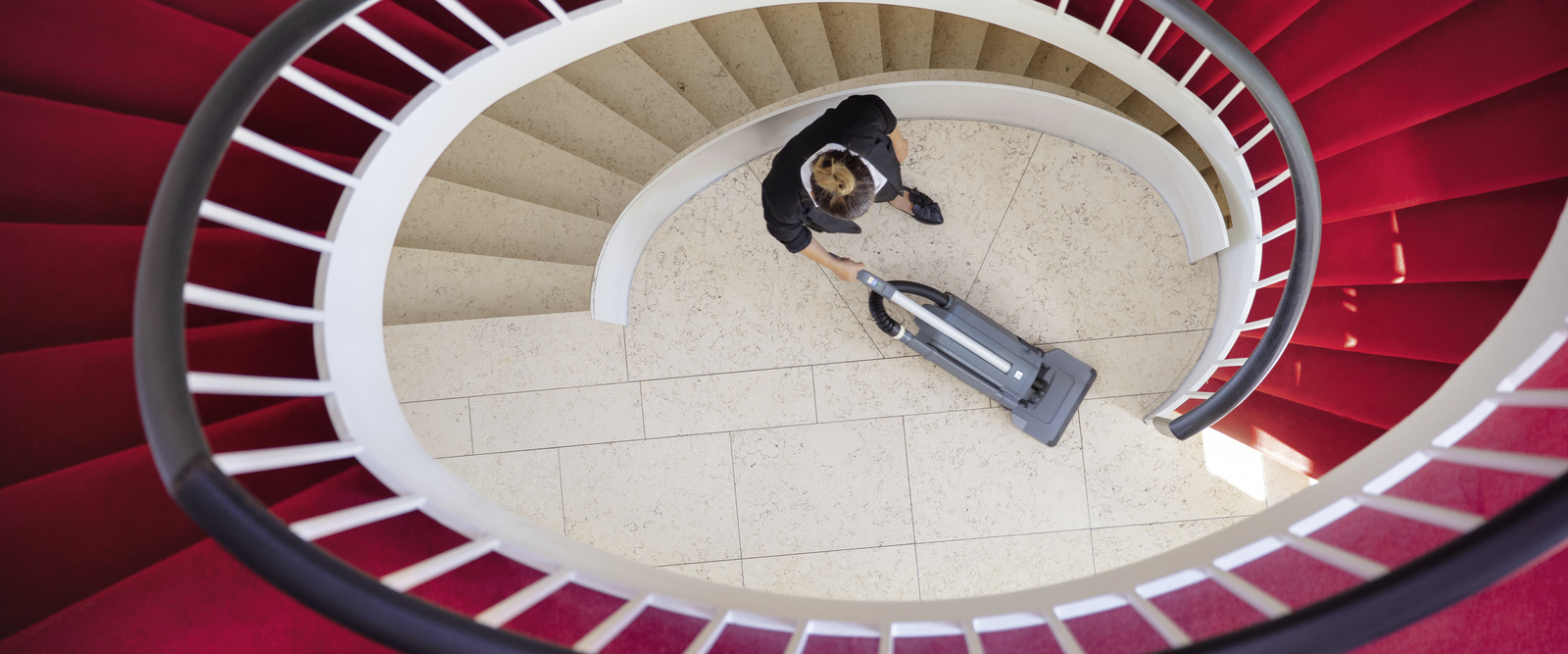
Success starts with planning
Cleanliness is usually the last cause for praise in the hospitality sector, but the first cause for complaint. There is therefore no escaping the need to establish efficient cleaning processes and ensuring that they are adhered to. By factoring in cleaning right from a property's construction stage, a lot of time can be saved later on: is the floor plan designed in such a way that it allows for easy cleaning of the different rooms? Are the materials used visually appealing but easy to clean? These are the important questions to ask.




Cleaning with a concept: PDIR
Concepts such as PDIR help to achieve the set cleaning targets: "P" stands for "preventative", i.e. cleaning outdoors and in entrance areas to prevent dirt entering the building; "D" stands for "daily", i.e. routine cleaning and the prompt removal of soiling. "I" stands for "interim", i.e. intermediate cleaning with economical use of resources, and "R" is for "restorative", i.e. deep cleaning to preserve the value of assets.

The importance of this approach, both in terms of the longevity of the materials used and in terms of sustainability, is illustrated by the example of a carpet: if carpets are not adequately maintained, they are generally in such poor condition after an average of seven years that they need to be replaced. However, if you routinely carry out the appropriate cleaning measures with the right equipment, you can at least double the carpet's service life. The result: lower renovation costs, less downtime for the premises in question – and a lower impact on the environment, as a carpet can take on average 1000 years to fully decompose.
Versatile cleaning technology for a wide range of applications
Alongside careful planning and a concept, efficient cleanliness calls for the right cleaning equipment. It should be noted that the requirements vary greatly in this regard; a restaurant kitchen poses different challenges to a hotel room, and different cleaning tasks need to be prioritised for spa areas, meeting rooms and conference rooms. If the staff are provided with ergonomic machines designed for the task in hand and adequate methods, the cleaning targets set can be easily achieved – and guests enjoy a real feel-good atmosphere.






